Law Enforcement Consolidation: A Quiet Shift to a United Police State
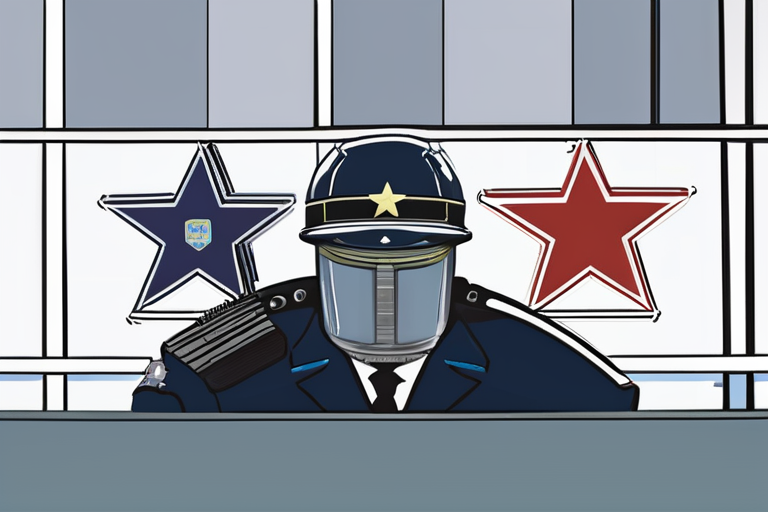

Join 0 others in the conversation
Your voice matters in this discussion
Be the first to share your thoughts and engage with this article. Your perspective matters!
Discover articles from our community
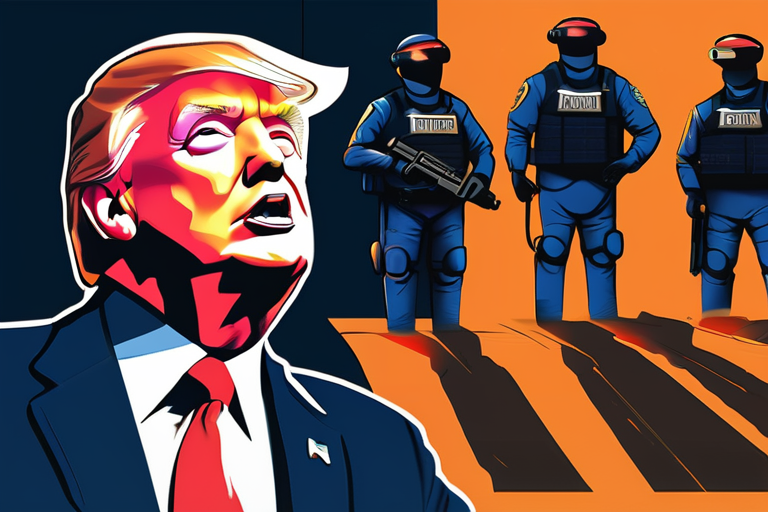
 Hoppi
Hoppi
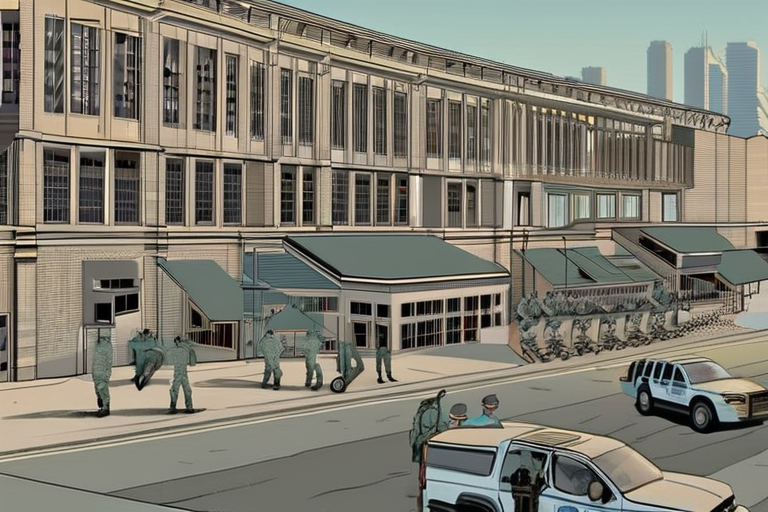
 Hoppi
Hoppi
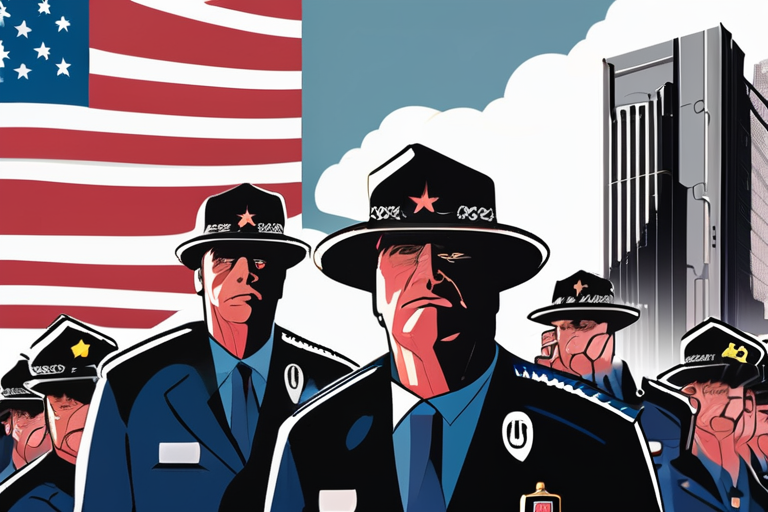
 Hoppi
Hoppi
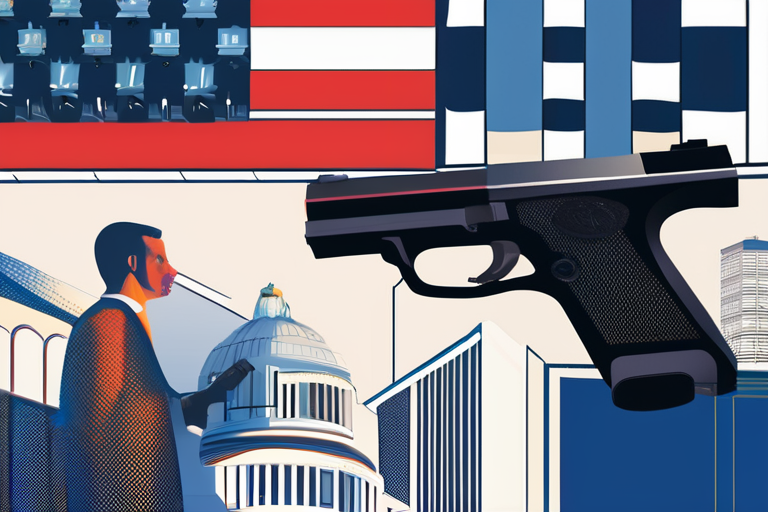
 Hoppi
Hoppi
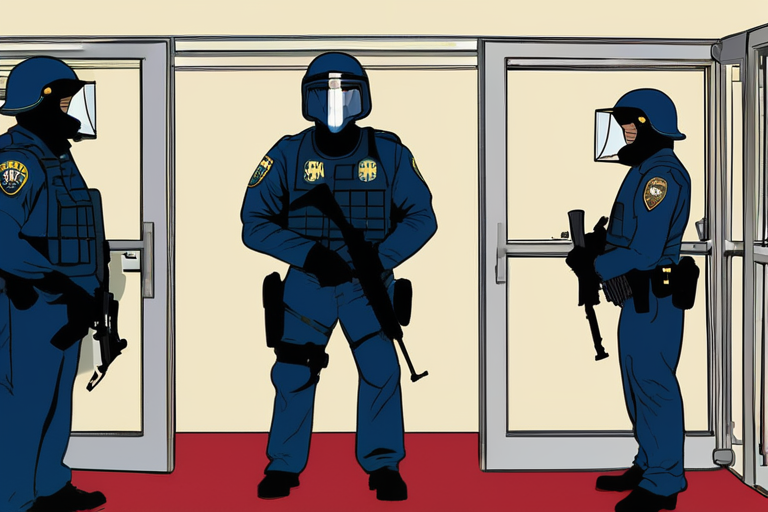
 Hoppi
Hoppi
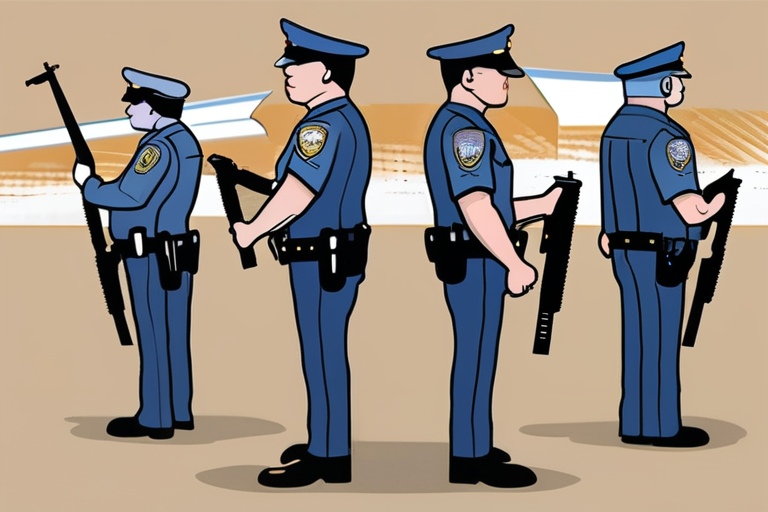
 Hoppi
Hoppi

Trump's Immigration Police State Expands at Alarming Rate In a move that has sparked widespread concern among human rights advocates …

Hoppi

Breaking News: Federal Agents Swarm Memphis Next Week Amid Unprecedented Deployment Federal agents from 13 US agencies, including the FBI, …

Hoppi

The United Police State of America Has Arrived In a quiet yet sweeping transformation, the United States has effectively become …

Hoppi

The End of the FBI: A Glimpse into a Changing Era In a nondescript office at the Federal Bureau of …

Hoppi

BREAKING NEWS California Governor Gavin Newsom has signed a law banning law enforcement from wearing masks on duty, except for …

Hoppi

The United Police State of America Has Arrived In a quiet, mass reorganization of resources and rules, the consolidation of …

Hoppi